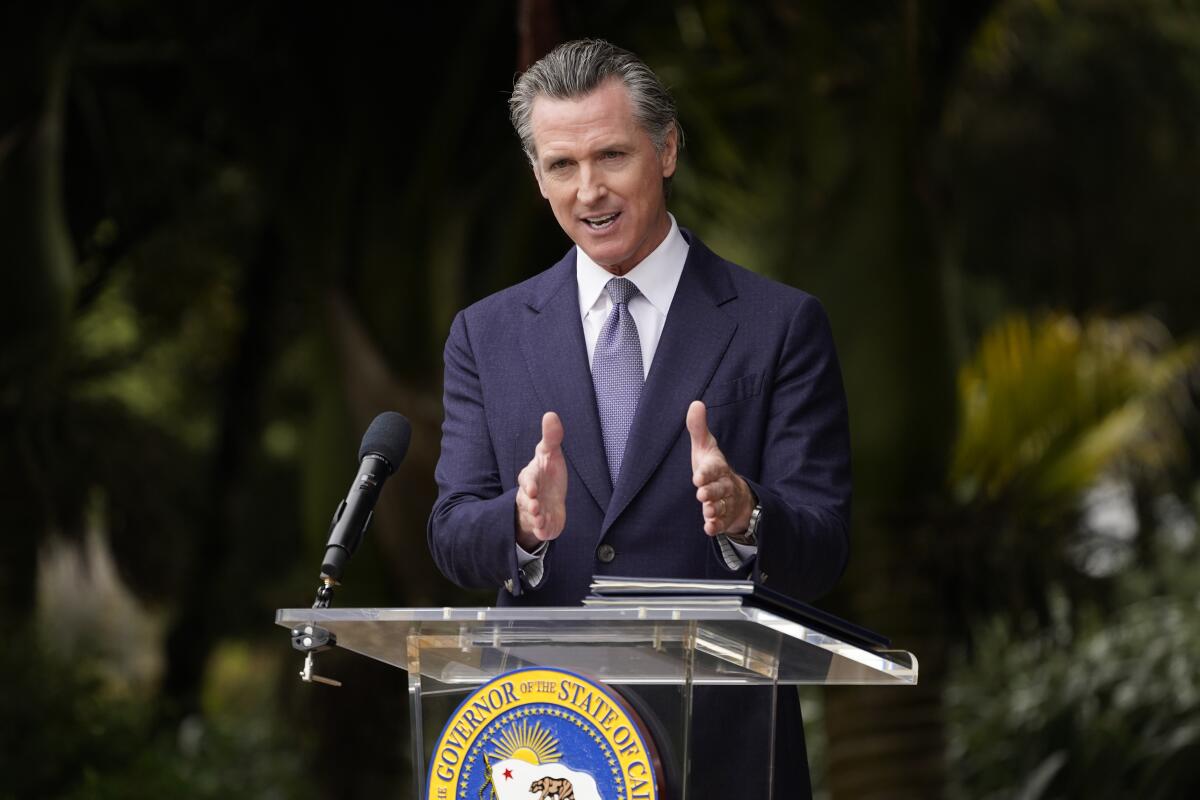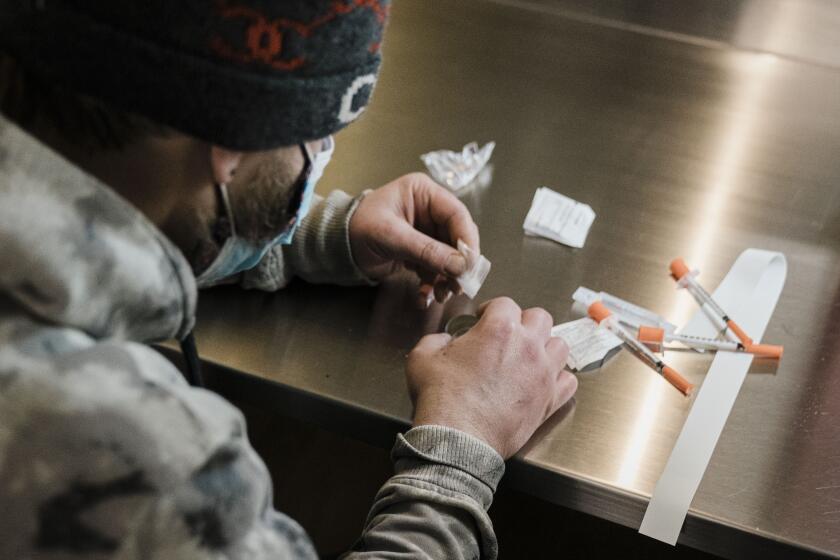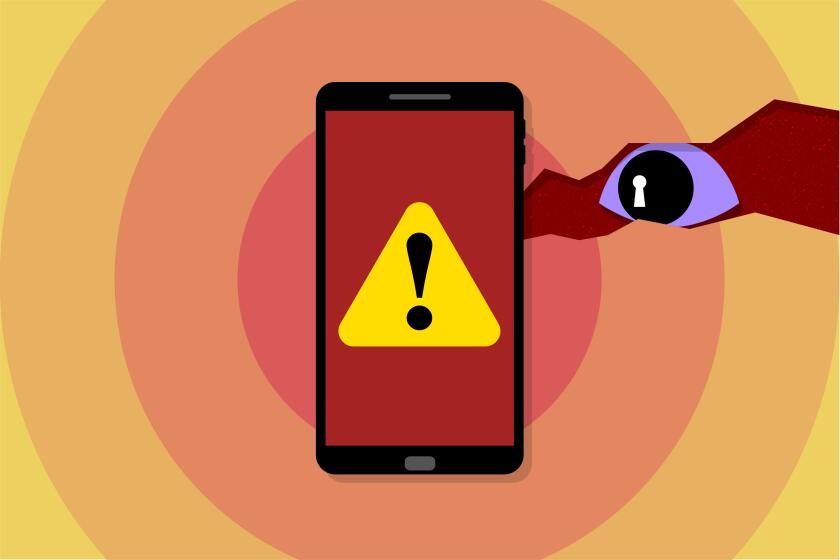Newsom signs bill setting rules for kicking unruly people from public meetings

- Share via
SACRAMENTO, Calif. — After months of escalating verbal assaults and threats against local government leaders, California Gov. Gavin Newsom on Monday signed a bill setting standards for when officials can have disruptive people tossed out of public meetings.
Debate over the bill pitted concern for decorum and officials’ safety against the need to protect citizens’ rights to free speech and public assembly.
It’s become an issue across the U.S., exacerbated by opposition to restrictions designed to slow the spread of the coronavirus, during social unrest in the wake of the murder of George Floyd by a Minneapolis police officer and fights over public school curriculum.
From Nevada to Virginia, the stress of threats and harassment prompted some officials to step down and others to question why anyone would want to serve.
Under the California bill, the presiding officer at public meetings could have a disruptive person removed, but only after warning them that their behavior is disruptive and will result in their ejection if it continues. Once warned, the individual may be removed if they continue the disruption. The measure also defines disrupting, which can include making threats or failing to comply with reasonable and lawful regulations.
The bill would provide needed clarification of the Brown Act, the California law that requires transparency in public meetings, said the California State Assn. of Counties and the Urban Counties of California, which jointly sought specific guidance written into statute.
Gov. Gavin Newsom faced a political challenge with Senate Bill 57, intended to curb overdose deaths in California through safe injection sites.
“This measure will help local agencies address an unfortunate, but notable, increase in disruptive behavior, hate speech, intimidation, and threats against local elected officials, staff, and members of the public with opposing views,” the county organizations said.
But the nonpartisan group Californians for Good Governance fears the bill could be interpreted by local officials “as a general license to limit public participation.”
“The reality is that participatory democracy is a messy business, but limiting public input is not the answer as it moves our government towards authoritarianism and away from democracy,” the group said in opposing the bill.
David Loy, legal director of the First Amendment Coalition that advocates for free speech rights, said the bill seems to find the proper balance between respecting the public’s very robust right to speak to their government officials while also allowing those officials to operate.
“It’s essentially upholding the public’s 1st Amendment rights and carving out very limited exceptions for removing particular individuals who may cross the line,” Loy said. “Genuine disruption is genuine disruption. It can’t just be because the city council doesn’t like what they have to say.”
The last straw for state Sen. Dave Cortese (D-San Jose) and Assemblyman Evan Low (D-Campbell) came last year, when protesters disrupted several meetings of the Los Gatos Town Council near San Jose. The two legislators who represent the area particularly objected to attacks directed against Mayor Marico Sayoc and her family.
The California Legislature approved a bill that will allow people to go to court over unsolicited sexual pictures.
The town council at least twice removed the public from the council chambers in response, but the disruptions prompted Cortese and Low to author the bill setting standards for handling such situations.
“Across our state, public officials and public attendees continue to deal with disorderly conduct at meetings at such a high magnitude that critical business and the legislative process as a whole has become impeded,” Cortese said earlier this month as senators sent the bill to Newsom without debate.
He said his bill would set standards to deal with disruptions and let officials quickly get back to work as a means to “enhance public access to meetings and enhance the democratic process.”
Newsom signed the bill without comment. The bill had broad support from Democrats in both legislative chambers, while Republicans were opposed.
Sayoc in Los Gatos was hardly alone in facing personal attacks, including by protesters at her house. Hawaii’s lieutenant governor, Sacramento’s mayor and Newsom himself are among those who have found protesters on their doorsteps as unrest has spread beyond government centers in recent years.
California legislators have not been exempt from disruption and even physical attacks. An anti-vaccine activist shoved state Sen. Richard Pan (D-Sacramento) outside the state Capitol in 2019, and a protester disrupted the final day of the state Senate session the same year by throwing human blood from the public gallery onto senators below.
More to Read
Sign up for Essential California
The most important California stories and recommendations in your inbox every morning.
You may occasionally receive promotional content from the Los Angeles Times.












